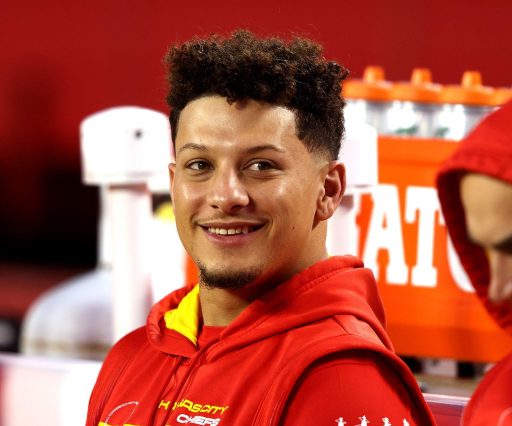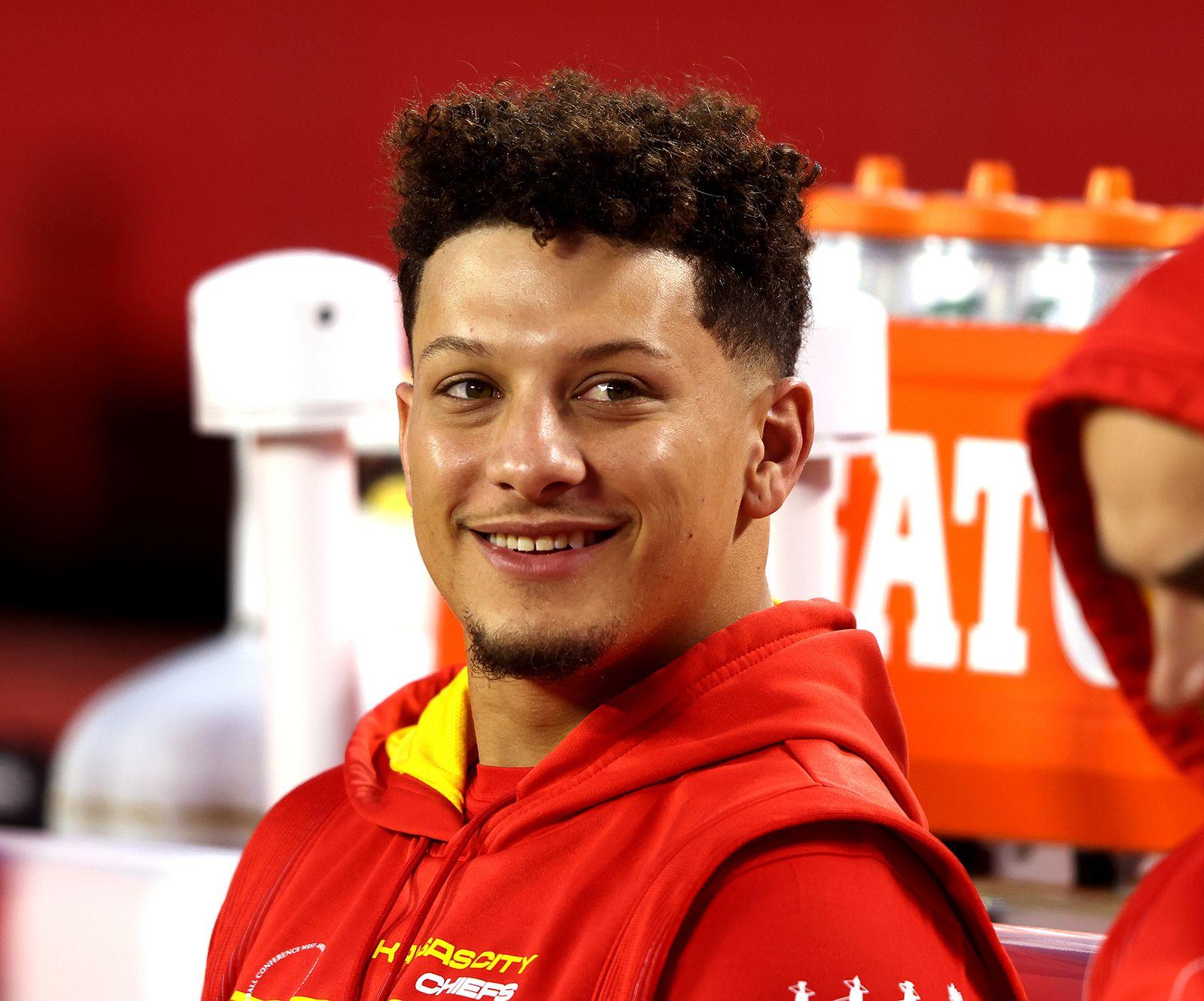Instant Access
No Waiting, Start Streaming Now
24/7 Support
Always Here to Help
Multi-Device
Watch on Any Screen
8K Quality
Crystal Clear Streaming


Instant Access
No Waiting, Start Streaming Now
24/7 Support
Always Here to Help
Multi-Device
Watch on Any Screen
8K Quality
Crystal Clear Streaming
In the high-stakes theater of the NFL, where every play is scrutinized and every decision reverberates through the hearts of fans and players alike, a new drama unfolds: the growing controversy over quarterback slides. As Mahomes, the league’s prodigious talent and Super Bowl-winning figure, finds himself at the center of this debate, the league is under pressure to reconsider its replay protocols. With safety concerns on one side and the integrity of the game on the other, the question lingers—shoudl the NFL adapt its rules to ensure fair play and protection for its stars? As we delve into the complexities surrounding quarterback slides, we’ll explore the implications of this dilemma and what it means for the future of the game.
The NFL is mulling over whether to implement expanded replay reviews for quarterback slides, a subtle yet critical aspect of the game that continues to stir debate. Quarterback slides, often used to signify player safety and end a play, have raised contentious questions around officiating consistency. The growing scrutiny results from dubious calls during high-stakes moments, including cases where defenders were penalized for late hits on what they perceived as non-slides.Such incidents highlight the fine line referees must walk between subjective on-field judgment and the need for concrete replay evidence.
Proposed changes could introduce key clarifications for coaches and officials alike. Potential use of expanded replay might include:
For perspective, here’s what the hypothetical replay impact could look like mid-game:
| scenario | Impact of Replay Use |
|---|---|
| Early slide by a QB | No penalty; accurate spot of the ball |
| Delayed defender reaction | Potential removal of needless flag |
| Unclear defensive intent | Video evidence to support a fair decision |
Examining the potential of replay reviews for quarterback slides reveals a mix of advantages and challenges that could reshape the game. On the upside, implementing replay reviews could ensure fairness by eliminating missed or misjudged calls, particularly in high-stakes moments. Misinterpreting a QB’s slide can significantly impact offensive momentum or even result in unnecessary injuries due to late hits that referees might overlook in real-time. Additionally, this system could act as a deterrent for defenders who might tread dangerously close to illegal plays, knowing the footage could be revisited. Enhanced consistency across officiating teams is another anticipated benefit, as replay reviews set a higher standard for applying rules.
However, there are notable drawbacks to such a system. Replay reviews can extend game times, potentially disrupting the flow, especially during fast-paced drives. There’s also the risk of over-dependence, where referees hesitate to make calls at the moment, knowing replay backup exists. Critics argue that adding replay for QB slides could blur the line between necessary intervention and excessive regulation, diluting the organic pace of the game. Moreover, the technology might not always guarantee absolute clarity, as certain angles or frames may still leave room for interpretation. Integrating this change would require a careful balance to maintain the league’s competitive edge.
| Potential Benefits | Possible Drawbacks |
|---|---|
| Accuracy in slide rulings | Game delays |
| Enhanced player safety | Over-regulation concerns |
| Deters reckless defense | Ambiguity in certain reviews |
The debate over quarterback slides has taken center stage in recent weeks, with several games overshadowed by contentious calls. Central to the controversy is the subjective nature of determining when a quarterback begins their slide and when defenders must back off to avoid penalties. Critics argue that current rules put excessive pressure on officials who must assess these split-second moments without the aid of replay, leading to inconsistent outcomes. Fans and analysts alike have pointed to key incidents, such as Patrick Mahomes’ slide in a pivotal game, highlighting how a single call—right or wrong—can shift the trajectory of a team’s season. What complicates matters further is that defenders are often placed in an impractical position, needing to throttle their aggression just as they commit to a play.
Opinions are divided on whether instant replay should be expanded to include sliding plays. Proponents argue replay can provide clarity, reduce controversial calls, and safeguard the integrity of the game. However, detractors fear frequent stoppages could disrupt the game’s rhythm and spectator experience. Below is a comparison of the proposed changes vs. the current approach:
| Criteria | Current Rules | Proposed Replay Inclusion |
|---|---|---|
| Review Capability | Not allowed | Included for QB slides |
| Impact on Game Pace | Fewer stoppages | Possible delays |
| Accuracy | Subjective judgment | Replay aids consistency |
the NFL is reportedly considering modifications to its rules regarding quarterback slides, a move aimed at reducing controversy and ambiguity surrounding the protection of quarterbacks. One of the proposals being floated focuses on clarifying when and where a quarterback’s slide officially begins, addressing concerns that defenders often struggle to adjust their actions mid-play. This could involve a stricter interpretation of the “give-up point” to ensure defensive players aren’t unfairly flagged. By streamlining this process through clearer officiating guidelines, the league hopes to minimize disputes over hits on sliding quarterbacks.
In addition, the NFL is exploring expanding replay review capabilities to cover quarterback slides. This would allow refs in the replay booth to assess matters such as the exact moment of slide initiation and whether defensive contact was excessive. Critics argue that introducing this element of technology could slow game pacing,but supporters believe it is a manageable tradeoff if it results in fairer calls. A potential implementation format for such reviews may look like this:
| Proposed Change | Impact |
|---|---|
| Define “slide initiation point” | Improved consistency in calls |
| Replay for slide-related penalties | Better enforcement of rules |
As the NFL grapples with the increasing frequency of quarterback slides and the associated risks, the spotlight remains firmly on Patrick Mahomes and the implications of his choices on the field. While the league considers new replay protocols to enhance player safety, the conversation around Mahomes’ style of play serves as a poignant reminder of the delicate balance between instinctive athleticism and the need for protection in a high-impact sport. As fans and analysts alike eagerly await the league’s next steps, one thing is clear: the future of the game hinges not only on the players’ decisions but also on how the rules evolve to safeguard their talents.In this dynamic landscape, the question remains—will the replay reshape how quarterbacks navigate their paths, or will it simply be another layer in the ever-complex playbook of the NFL? Only time will tell as we watch this captivating story unfold.
34,353
Live TV Channels
162,404
Movies
27,802
Series
284,023
Total Subscriptions
139,854
Users Online
142,887
Total Resellers

